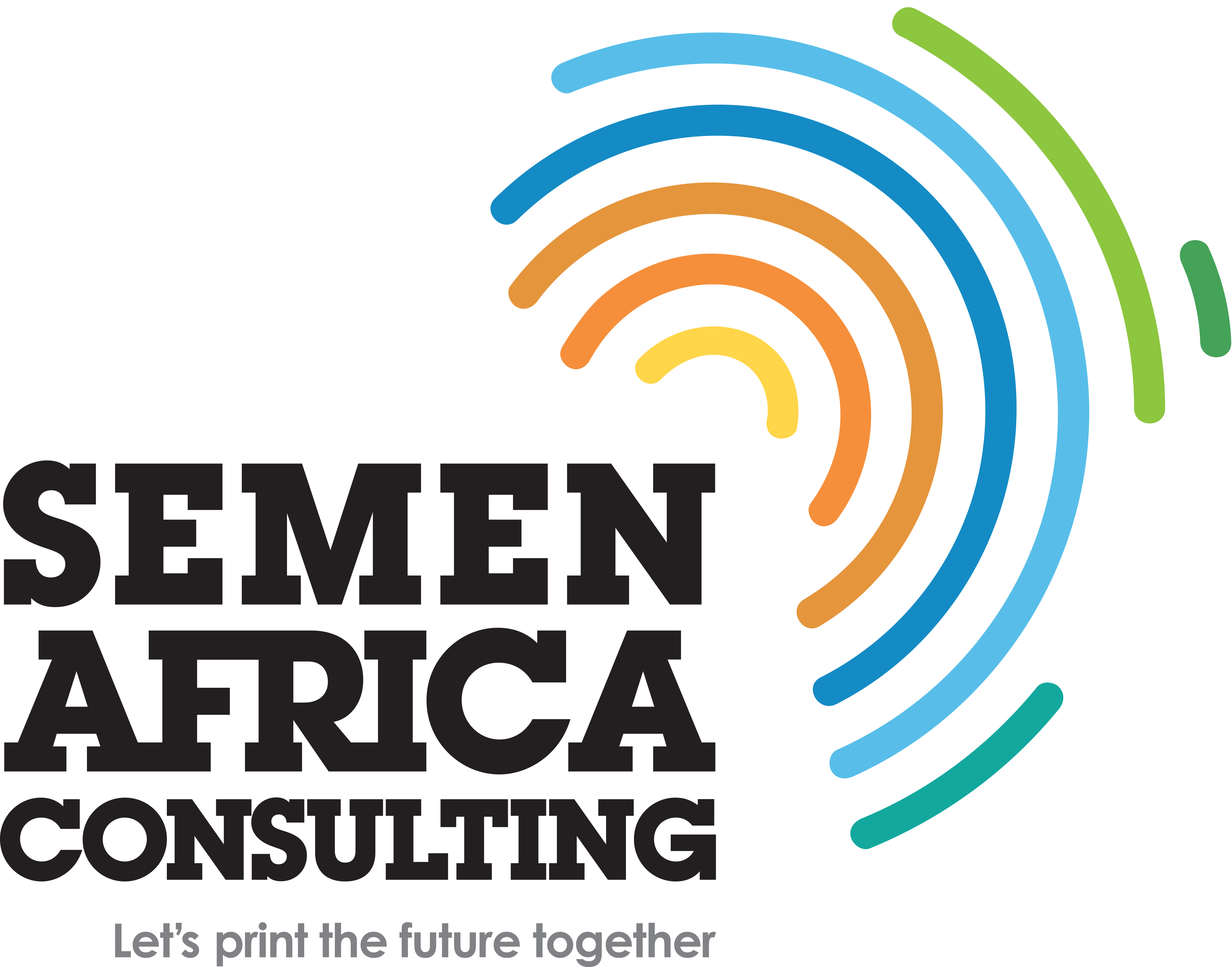Djibouti has just organized an exceptional event from December 14 to 16, 2023: its 1st International Medical Congress. Under the patronage of Prime Minister H.E.M ABDOULKADER KAMIL MOHAMED and the presidency of Dr Souleiman Nour Ayeh, President of the National Order of Medical Professions of Djibouti (ONPMD), researchers, practitioners and decision-makers worked together to meet the specific health challenges facing Africa. True to its vision, SEMEN AFRICA CONSULTING has decided to support this congress, a symbol of the growing importance of the African medical market. Indeed, our ambition is not only to help investors find the best opportunities in terms of profitability and ethics, but also to help all players in the field, to make this healthcare market stronger, more fertile, more innovative for HEALTH FOR ALL.
Health conditions in Djibouti: a small exception in Africa?
Djibouti has always held a special place in African medical circles, not least because of its ambitious development policy, as exemplified by the long-standing medical cooperation between Djibouti and countries such as France.
Just look at the figures: by combining 14 indicators for monitoring health service coverage into a single summary figure, the CSU gives a rapid picture of a country’s health status. In 2021, this index was 44 for Djibouti, far ahead of most neighboring countries (27 in Somalia, 32 in the Central African Republic, 34 in South Sudan, 35 in Ethiopia, etc.). In detail, the indicators confirm that Djibouti is a little better off than other African states, with a life expectancy of 65.8 years, a neonatal mortality rate of 30 per 1000 and a malaria rate of 97.6 per 1000.
Of course, these figures have to be put into perspective, given the difficult health situation in the Horn of Africa, exacerbated by acute drought and endemic malnutrition. Seven countries (Djibouti, Ethiopia, Kenya, Somalia, South Sudan, Sudan and Uganda) are facing massive measles epidemics, while four are experiencing major cholera outbreaks. For the United Nations (UN), measles and malnutrition have been described as a “lethal cocktail”, threatening millions of children in the long term. Despite numerous efforts, Djibouti still has a maternal mortality rate of 248 per 100,000 births, almost five times the regional average.
Faced with this situation, the Djibouti health authorities have launched a vast project to strengthen the health system, with a major effort to rehabilitate facilities specializing in emergency obstetric and neonatal care. Three populations in particular are targeted: women of childbearing age, teenagers and children under five. Just as the construction of the new University Hospital Center (CHU) is part of this dynamic, we note a particular emphasis on innovation, reform, research and the modernization of care.
Djibouti, one of the forerunners in health insurance
Although the recent health and climate crises (Covid, malnutrition due to drought, measles, etc.) have had a major impact on health indicators, it should be remembered that the Djibouti authorities have been pursuing an ambitious health policy for many years.
Since December 2014, CNSS (Caisse Nationale de Sécurité Sociale) has been managing Universal Health Insurance (AMU), one of the most ambitious reforms piloted by the President of the Republic, H.E Ismail Omar Guelleh. This AMU extends the most comprehensive medical coverage possible to the entire population, with a system of contributions from which the most precarious are exempt, thanks to the Social Health Insurance Program (PASS).
This solidarity-based system, which is similar to other health protection systems in the world, aims to provide greater equity and solidarity in terms of both quality and quantity of care. In this respect, the Republic of Djibouti is one of the pioneers offering its population genuine social protection, a rarity in this part of the African continent. International organizations such as the Agence Française de Développement (AFD) and the World Bank have made no mistake, providing economic support in the form of financial aid or subsidies. This confirms the existence of increasingly solid and resilient African healthcare markets, promising real investment opportunities that are both profitable and ethical, provided they are accompanied by real experts in the African healthcare economy.
High-quality medical services marked by the 1st Djibouti Medical Congress
Continuing its ambitious policy in the field, Djibouti is part of an increasingly qualitative African medical offering, striving to understand the challenges facing the health economy. Despite its small population, the Republic aspires to be one of the health leaders in the Horn of Africa, by becoming a pool of excellence and reference in the medical field.
As the World Health Organization (WHO) is concerned about, and does not hesitate to speak of a double penalty, Africa, and sub-Saharan Africa in particular, face a twofold challenge: to continue their as yet unfinished fight against communicable diseases, particularly vector-borne diseases (malaria, dengue fever), while at the same time meeting the new challenge of non-communicable diseases (such as diabetes, cancers and cardiovascular pathologies), whose progression has been a constant source of concern in recent years.
It is in this particular environment that the 1st Djibouti Medical Congress is taking place. The themes addressed are in line with the major challenges outlined by the WHO, such as the fight against non-communicable diseases, major medical advances in oncology, and innovations in emergency medicine and surgery for adults and children.
This initiative to offer a medical congress of international stature is likely to mobilize professionals and the general public alike, highlighting the many medical advances from which the population should eventually benefit. It is also a reminder that the African healthcare market has become a tangible reality, with Djibouti pursuing its medical revolution along an innovative path. Understanding this health revolution should enable investors in search of profitability and ethics to join the movement in complete safety, to move forward even faster and even further. In Djibouti, as in the rest of Africa, we must continue to sow the seeds of health together, to grow medicine for all. The scientific and African format of these conferences, as well as the South-South partnerships highlighted, are all elements of sincerity and credibility.
TO FIND OUT MORE :



